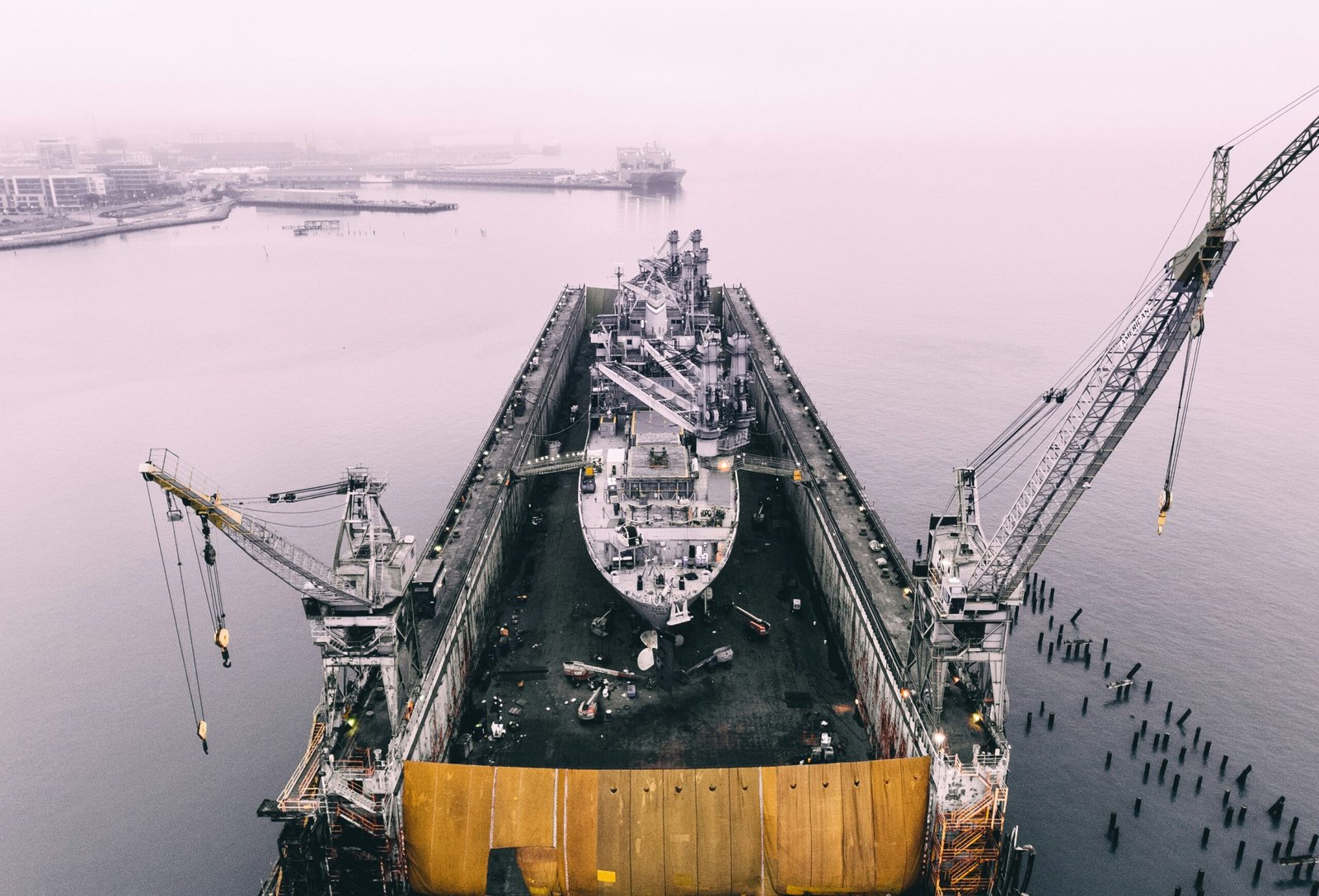Understanding Offshore Accidents and Legal Rights
Offshore accidents encompass a range of incidents that occur in marine environments, including on oil rigs, drilling platforms, and other offshore structures. These incidents can include oil rig blowouts, equipment malfunctions, slips and falls, and maritime injuries sustained during the operation of vessels. The nature of offshore work, characterized by heavy machinery, challenging weather conditions, and hazardous materials, makes accidents not only frequent but often severe.
The legal framework governing offshore accidents is complex, primarily because it spans international and national jurisdictions. One of the cornerstone pieces of legislation is the Jones Act, a federal statute that provides protection to seamen injured in the course of their employment. The Jones Act allows these workers to seek compensation from their employers due to negligence or unseaworthiness of the vessel.
Additionally, the Longshore and Harbor Workers’ Compensation Act (LHWCA) extends protection to non-seamen maritime workers, such as longshoremen, harbor workers, and other employees working in navigable waters or adjoining areas used for loading, unloading, repairing, or building a vessel. This act ensures that injured workers receive medical care and compensation for lost wages without the need to prove employer negligence.
International maritime laws also play a significant role in governing offshore accidents, especially in cases where incidents occur in international waters. These laws aim to provide a unified legal framework for addressing maritime disputes and ensuring the safety and welfare of maritime workers globally.
Understanding the rights of workers injured in offshore accidents is crucial for securing appropriate compensation. Injured workers may be entitled to various forms of compensation, including medical expenses, lost wages, rehabilitation costs, and compensation for pain and suffering. The process for filing claims typically involves notifying the employer, seeking medical attention, and consulting with an experienced offshore accident lawyer to navigate the complex legal landscape.
It is essential for workers to be aware of their legal rights and the available avenues for compensation to ensure that they receive the full benefits they deserve. Knowledge of these legal protections not only empowers workers but also holds employers accountable for maintaining safe working conditions.
How to Choose the Right Offshore Accident Lawyer
When seeking legal representation for an offshore accident, selecting the right lawyer is paramount to ensuring a favorable outcome. The first step is to look for a lawyer with extensive experience in maritime law. This specialization is crucial, as maritime law is a complex field requiring in-depth knowledge of specific regulations governing offshore workers. An experienced offshore accident lawyer will be familiar with the intricacies of cases similar to yours and can navigate the legal system efficiently.
A successful track record with similar cases is another key quality to consider. Review the lawyer’s past case results, paying attention to settlements and verdicts in offshore accident claims. This information can often be found on the lawyer’s website or through legal directories. A lawyer with a history of achieving favorable outcomes for their clients is more likely to handle your case effectively.
Strong negotiation skills are also essential. Many offshore accident cases are settled out of court, and a lawyer who excels in negotiation can secure a fair settlement without the need for prolonged litigation. During your initial consultation, observe the lawyer’s communication style and ask about their experience in negotiating settlements for offshore accident claims.
It’s equally important to ensure that the lawyer is well-versed in the specific laws and regulations that apply to offshore workers. This includes understanding the Jones Act, the Longshore and Harbor Workers’ Compensation Act (LHWCA), and other relevant statutes. A lawyer who is knowledgeable about these laws can better advocate for your rights and secure the compensation you deserve.
To research potential lawyers, start by checking their credentials and reading reviews from former clients. Legal directories and bar association websites can provide valuable insights into a lawyer’s qualifications and reputation. Additionally, consider interviewing multiple candidates to compare their experience, communication style, and approach to handling your case.
Understanding the potential costs involved is also crucial. Many offshore accident lawyers work on a contingency fee basis, meaning they only get paid if you win your case. However, it’s important to clarify the fee structure before hiring a lawyer to avoid any surprises later on. Make sure you understand how the contingency fee is calculated and any additional costs you might be responsible for.


